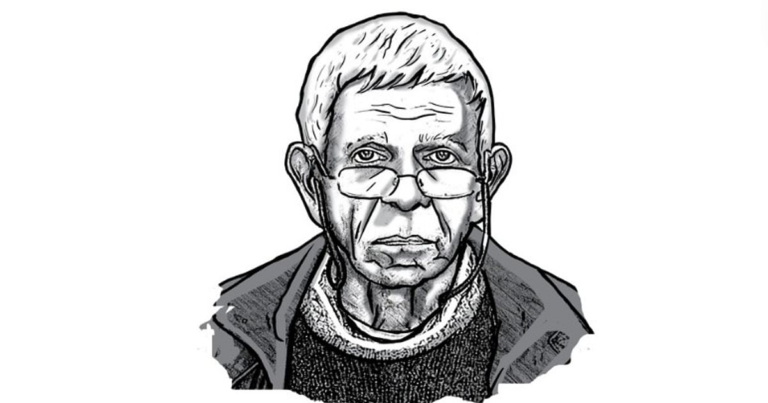On April 29, 1938, President Franklin Delano Roosevelt, in a notable speech before the U.S. Congress on curbing monopolies, said: “The first truth is that democratic freedoms are not safe if the people tolerate the growth of private power that becomes more powerful than the democratic state itself. That is essentially fascism — the ownership of the government by any person, group, or other private power.” He also pointed out that distributing stock in large corporations widely among the people was no guarantee that the power of these corporations would be curbed, because individual holdings would be too small to influence corporate policies regarding mergers, acquisitions, and consolidation.
Roosevelt was very concerned about the interconnected business policies of a few large corporations that controlled the economic life of the country under the guise of independent enterprise. Roosevelt’s comments were made long before the invention of the electronic computer, and the few corporations that dominated the U.S. economy were in the transportation (railroads and automobiles), mining (oil, steel, copper), agriculture, banking, and real estate industries.
So what has changed on the corporate side nearly 100 years later? Frankly, not much. Big Tech has monopolized every aspect of daily life, including commerce, communications, and entertainment. The “robber barons” of the late 19th and early 20th centuries (Carnegie, JP Morgan, Rockefeller, Vanderbilt, etc.) have been replaced by modern “robber barons” (Bezos, Gates, Musk, Zuckerberg, etc.). The corporate workplace of the 20th century was plagued by racism, sexism, homophobia, and state-sanctioned union-busting tactics, all of which are still commonplace today, especially at Big Tech companies like Tesla and Amazon.
Renowned historians, writers and political scientists have listed several, some contradictory, characteristics of fascism, including hero worship, zealous militarism, contempt for entire cultures, societies and peoples, sowing dissent (fake news and fake videos), anti-intellectualism (lack of critical thinking), poor language with no syntax (acronyms, text messaging, etc.), suppression of workers and labor rights, elitism (us vs. them), controlled mass media, and co-optation of religious and political leaders.
There is no denying that the United States has a global monopoly on software. A monopoly that is rarely acknowledged, but until recently China has never challenged this monopoly, especially in the field of AI. It is also enforced by strict international intellectual property laws enshrined in “free” trade agreements, violations of which can lead to sanctions being imposed on offending countries. It is no surprise that 89% of web searches are done on Google, almost 80% of the world’s office software is provided by Microsoft, and Meta’s WhatsApp is the most widely used instant messaging and VoIP service in the Southern Hemisphere.
Meanwhile, China enjoys a manufacturing monopoly, a monopoly handed over to China by Western companies eager to maximize profits and minimize production costs by taking advantage of China’s cheap, non-union labor. Big Tech has played a major role in facilitating this transition.
Big Tech is a staunch supporter of free speech and human rights, but that just doesn’t apply to the workplace, wherever that may be. Pro-Palestinian advocates would do well to take note. Big Tech is strongly against surveillance taking place in China, but not in the US. TikTok is bad for the US, but Meta isn’t? Big Tech is against dual-use technology in China, but has no problem bidding on multi-billion dollar Pentagon contracts. From Big Tech’s perspective, it is acceptable for law enforcement to use its software to monitor Muslims and black people in the US, but it is never acceptable for China to monitor the Uighur minority.
For years, Microsoft, Google and Apple have used their deep pockets to fiercely resist efforts by government regulators in the EU and the US to rein in their monopolistic behaviour.
In his essay “Primitive Fascism” published in the June 22, 1995, issue of the New York Review of Books, author Umberto Eco predicted “a future in which a populism driven by television and the Internet will emerge in which the emotional reactions of a select group of citizens will be presented and accepted as the voice of the people.”
Big Tech’s motto: L’etat, c’est moi. I am the state.
Published June 29, 2024 22:22 IST

